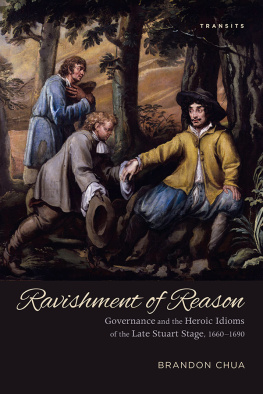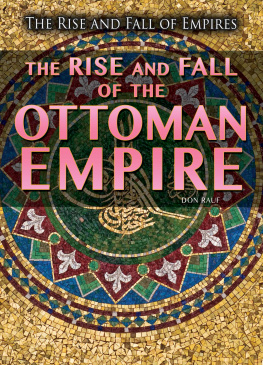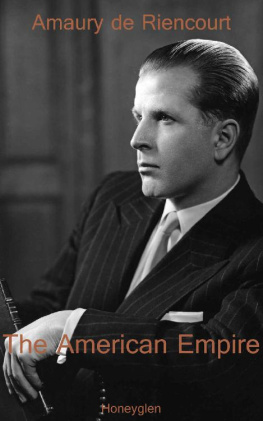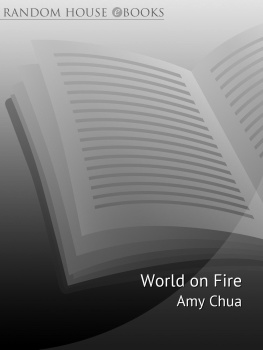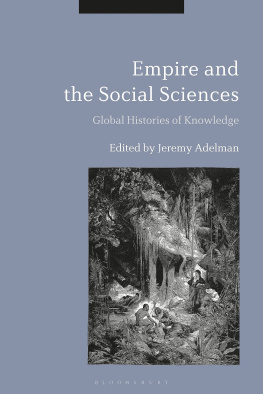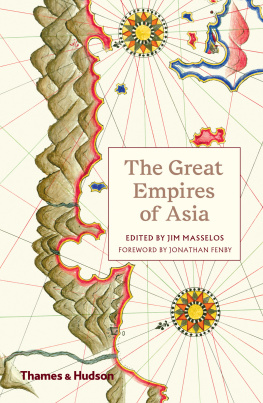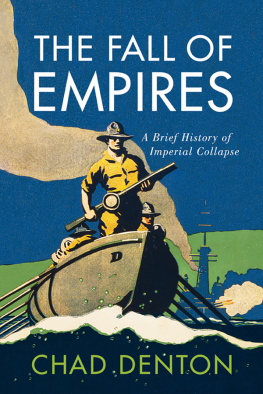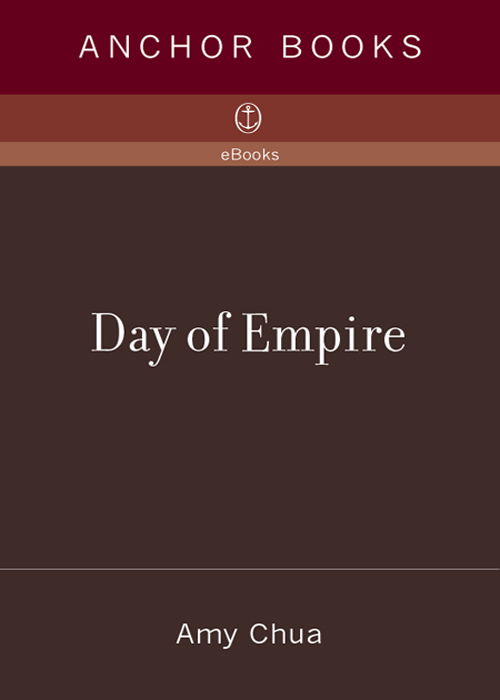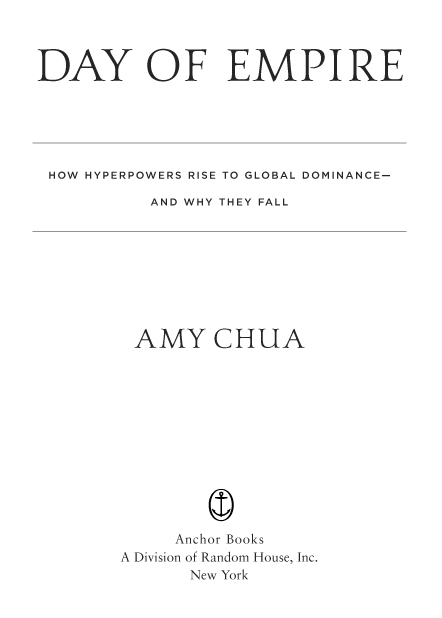I think of my father as the quintessential American. Both he and my mother were Chinese, but grew up in the Philippines. They were children during World War II and lived under Japanese Occupation until General Douglas MacArthur liberated the Philippines in 1945.
My father remembers running after American jeeps, cheering wildly, as U.S. troops tossed out free cans of Spam. My father was the black sheep in his family. Brilliant at math, in love with astronomy and philosophy, he hated the small, back-stabbing world of his family's aluminum-can business and defied every plan they had for him. Even as a boy, he was desperate to get to America, so it was a dream come true when the Massachusetts Institute of Technology accepted his application. My parents arrived in Boston in 1961, knowing not a soul in the country. With only their student scholarships to live on, they couldn't afford heat their first two winters and wrapped blankets around themselves to keep warm.
Growing up in the Midwest, my three younger sisters and I always knew that we were different from everyone else. Mortifyingly, we brought Chinese food in thermoses to school; how I wished I could have a bologna sandwich like everyone else! We were required to speak Chinese at homethe punishment was one whack of the chopsticks for every English word accidentally uttered. We drilled math and piano every afternoon, and we were never allowed to sleep over at our friends houses. Every evening when my father came home from work, I took off his shoes and brought him his slippers. Our report cards had to be perfect; while our friends were rewarded for Bs, for us getting an A-minus was unthinkable. In eighth grade, I won second place in a history contest and took my family to the awards ceremony. Somebody else had won the Kiwanis prize for best all-around student. Afterward, my father said to me: Never, never disgrace me like that again.
When my friends hear these stories, they often imagine that I had a horrible childhood. But that's not true at all; I found strength and confidence in my peculiar family. We started off as outsiders together, and we discovered America together, becoming Americans in the process. I remember my father working until three in the morning every night, so driven he wouldn't even notice us entering the room. But I also remember how excited he was when he introduced us to tacos, sloppy joes, Dairy Queen, and all-you-can-eat buffets, not to mention sledding, skiing, crabbing, and camping. I remember a boy in grade school making slanty-eyed gestures at me, guffawing as he mimicked the way I pronounced restaurant; I vowed at that moment to rid myself of my Chinese accent. But I also remember Girl Scouts and hula hoops; poetry contests and public libraries; winning a Daughters of the American Revolution essay contest; and the proud, momentous day my parents were naturalized.
Like many other immigrant groups, Asians weren't always welcome in the United States. In 1882, the U.S. Congress passed the Chinese Exclusion Act, banning Chinesealong with prostitutes, criminals, and lepersfrom entering the country. As late as World War II, while my father was cheering on American troops in Manila, the U.S. Supreme Court upheld the government's policy of evacuating Japanese Americans from their homes into internment camps.
By the late 1960s, however, legal reforms had lifted many barriers for immigrants. For my father, as for many other newcomers who arrived during that period, determination and hard work translated directly into success. My father got his Ph.D. in less than two years, became a tenured professor at the age of thirty-one, and won a series of national engineering awards. In 1971 my father accepted an offer from the University of California at Berkeley, and we packed up and moved West. My father grew his hair long and wore jackets with peace signs on them. Then he got interested in wine collecting and built himself a thousand-bottle cellar. As he became internationally known for his work on chaos theory, we began traveling around the world. I spent my junior year in high school studying in London, Munich, and Lausanne, and my father took us to the Arctic Circle.



